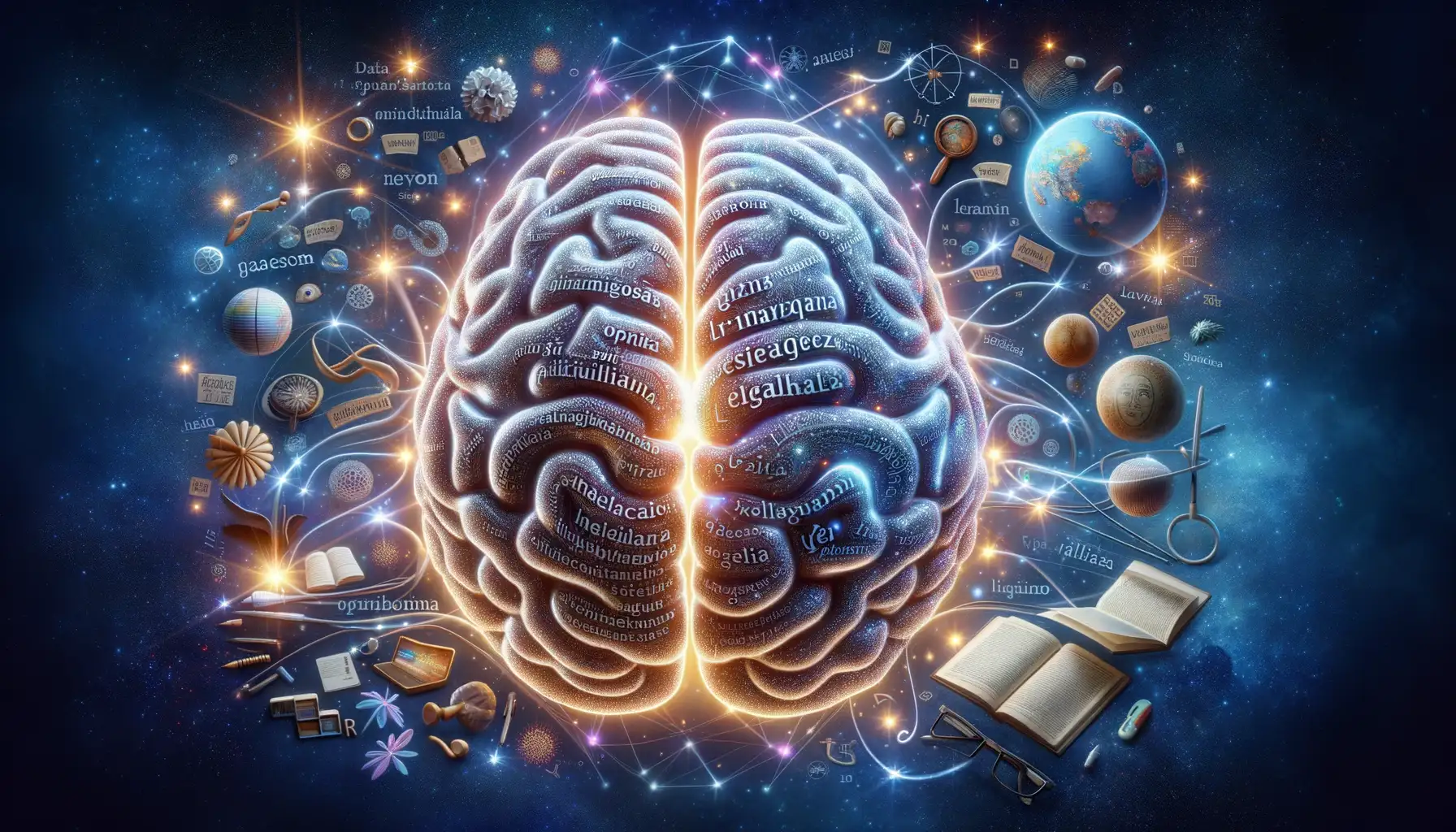The Cognitive Advantages of Bilingualism
Unlocking Hidden Mental Superpowers
Imagine your brain as an agile gymnast, flipping effortlessly between beams. That’s what bilingualism does—it trains your mind to perform mental acrobatics. Switching languages sharpens what’s known as “cognitive flexibility.” In simple terms, it makes you better at juggling tasks, solving puzzles, and adapting to new challenges. Ever fumbled trying to remember where you left your keys? Bilingual individuals often showcase improved memory, so perhaps they’d remember *your* keys too!
The benefits don’t end there. Studies reveal that bilingual brains are like well-oiled machines when it comes to decision-making. You’re not just flipping a coin; you’re analyzing multiple perspectives, weighing possibilities, and thinking creatively.
- Sharpened focus: Filtering out distractions becomes easier for bilingual minds. Perfect for noisy coffee shops or chaotic workspaces.
- Enhanced problem-solving: Need an out-of-the-box solution? Your bilingual brain specializes in innovative thinking.
Bilingualism: The Brain’s Eternal Youth Serum
It’s like giving your brain an anti-aging potion. Research has shown that speaking two languages delays the onset of cognitive decline, including Alzheimer’s. Being bilingual is your neural fountain of youth—keeping your brain spry, vibrant, and ready to tackle whatever life throws your way.
Bilingualism and Career Opportunities

Unlocking Global Job Markets
Imagine walking into a job interview and being able to say, “Yes, I can easily communicate with your clients in both English and Spanish” or “I’ve worked on projects in Mandarin-speaking markets.” Wouldn’t that be a game-changer? In today’s hyper-connected economy, speaking multiple languages is no longer just an asset—it’s a VIP pass into opportunities others might only dream of.
Many global companies are on the hunt for professionals who can break down language barriers. Whether it’s negotiating deals in French or networking at a conference in German, those who speak more than one tongue often find themselves on the fast track to roles like:
- International marketing specialists
- Global customer relations experts
- Diplomatic consultants
And let’s not forget how bilingualism can boost freelance careers—translators, copywriters, and language coaches are in huge demand!
The Secret Edge: Emotional Connection
Beyond pure skill, being bilingual lets you form a genuine bond with colleagues, clients, and partners. Speaking someone’s native language, even for small talk, sparks trust and rapport. It’s like having a key to doors otherwise closed—forming bridges instead of business obstacles.
Cultural and Social Benefits of Speaking Multiple Languages

Unlocking New Worlds Through Language
Imagine ordering a fresh, buttery croissant in a Paris café – en français! Or discussing philosophy over chai with locals in India, completely in Hindi. Speaking multiple languages isn’t just about communication; it’s about connection. Each language is like a key that unlocks an entirely new world – its stories, traditions, humor, and humanity.
When you know another language, you get the privilege of stepping into someone else’s shoes. You don’t just hear about their culture; you feel it. Think about sharing a joke in Spanish or singing along to a catchy K-pop hit while understanding every word. That’s not just speaking. That’s living.
- Travel transforms: Suddenly, you’re not just a tourist; you’re a participant in a culture.
- Friendships flourish: Language barriers vanish, and real connections begin.
Building Bridges, Not Walls
In today’s divided world, multilingualism builds bridges, not walls. Imagine diffusing a misunderstanding between coworkers from two countries or celebrating holidays from other traditions with heartfelt wishes in their native tongue. Now THAT’S powerful.
Speaking multiple languages doesn’t just make you a better communicator; it makes you a global citizen.
The Impact of Bilingualism on Academic Achievement

Boosting Problem-Solving and Critical Thinking
Want your child to think outside the box? Bilingualism could be the secret ingredient. Studies show that bilingual students often outperform their monolingual peers in tasks requiring problem-solving, multitasking, and critical thinking. It’s as if knowing two languages builds a mental gym where their brains lift intellectual weights daily!
Imagine this: when solving a math problem, a bilingual child doesn’t just see one route to the answer—they mentally toggle between different approaches, comparing perspectives from both languages. This cognitive agility fosters sharper decision-making and a more innovative mindset—skills that go far beyond the classroom.
Stronger Literacy and Communication Skills
Bilingual children grow up juggling two languages, which fine-tunes their understanding of how words work. In fact, they’re like linguistic detectives, constantly decoding tricky grammar rules and spotting patterns. Here are some superpowers they develop:
- Enhanced reading comprehension—they grasp nuances others might miss.
- Broader vocabulary—two languages mean double the word arsenal for self-expression!
- Sharper writing skills—swapping between languages sharpens clarity and precision.
Even subjects like science and history benefit, as bilingual students often excel at interpreting complex texts and explaining ideas clearly. It’s like their communication toolkit comes with extra gears!
How Bilingualism Enhances Brain Health

Boosting Cognitive Resilience with Bilingualism
Imagine your brain as a high-performance gym. What if speaking two languages was the ultimate mental workout? It turns out, being bilingual does more than just help you navigate conversations while traveling—it’s like hitting the “refresh” button for your mind. Studies show that switching between languages strengthens cognitive flexibility, much like doing yoga for your neural pathways. It keeps your mind agile, adaptable, and ready to tackle life’s challenges.
One remarkable benefit? Bilingualism can actually delay the onset of conditions like dementia by up to four years. Think of it as a protective shield, fortifying your brain against aging.
Here are some ways bilingualism supercharges your brain:
- Sharper focus: Constantly toggling between languages improves your ability to zero in on tasks.
- Problem-solving superpowers: Dual-language use enhances reasoning and creativity.
- Memory strength: Learning vocabulary trains your mind to retain and recall information.
The Emotional Side of a Bilingual Mind
Speaking in two tongues also taps into emotions differently. You might find yourself feeling closer to loved ones when using their native language or unraveling abstract ideas faster in another. It’s fascinating how bilingual brains build richer connections—not just neurologically, but emotionally too!





